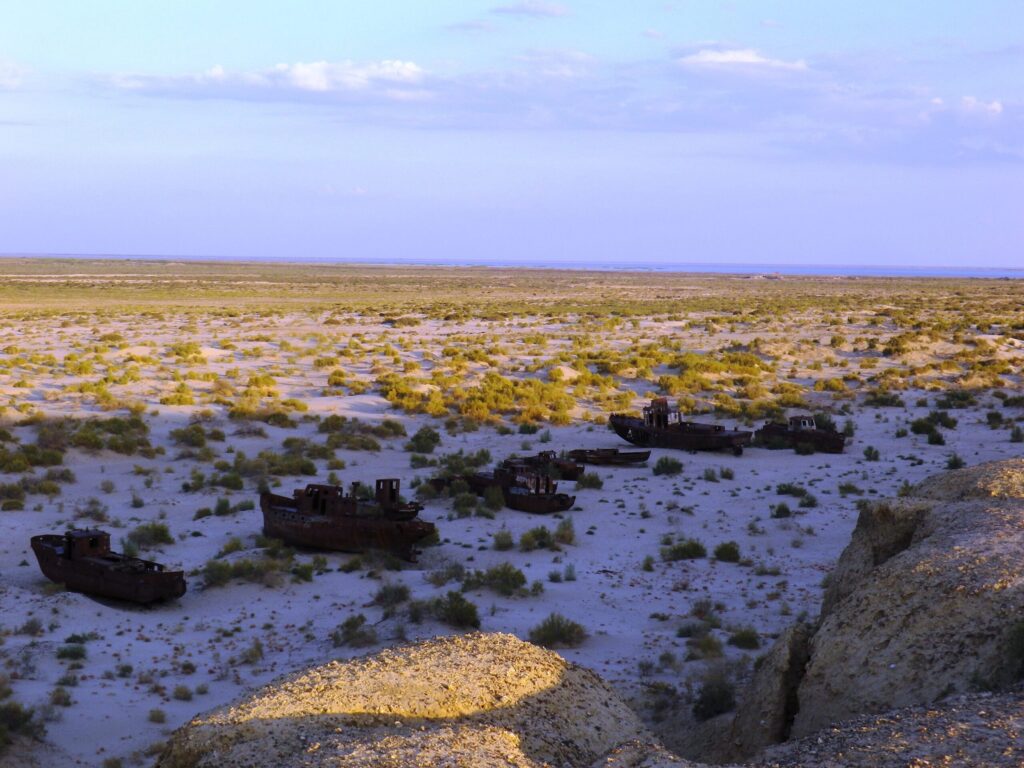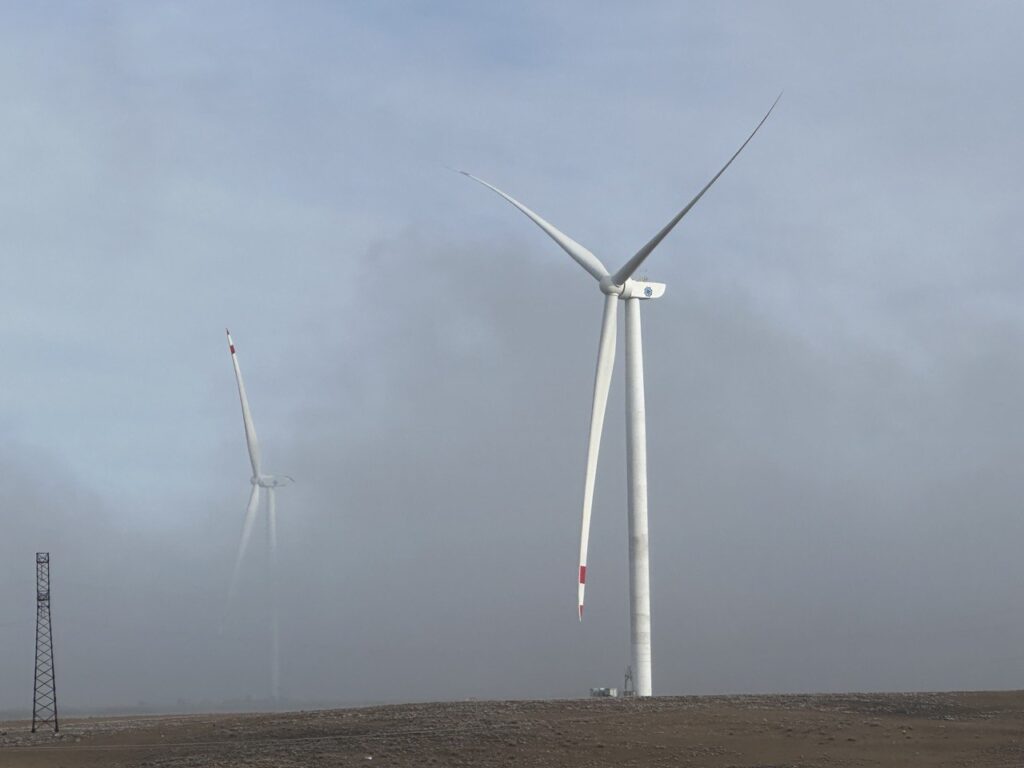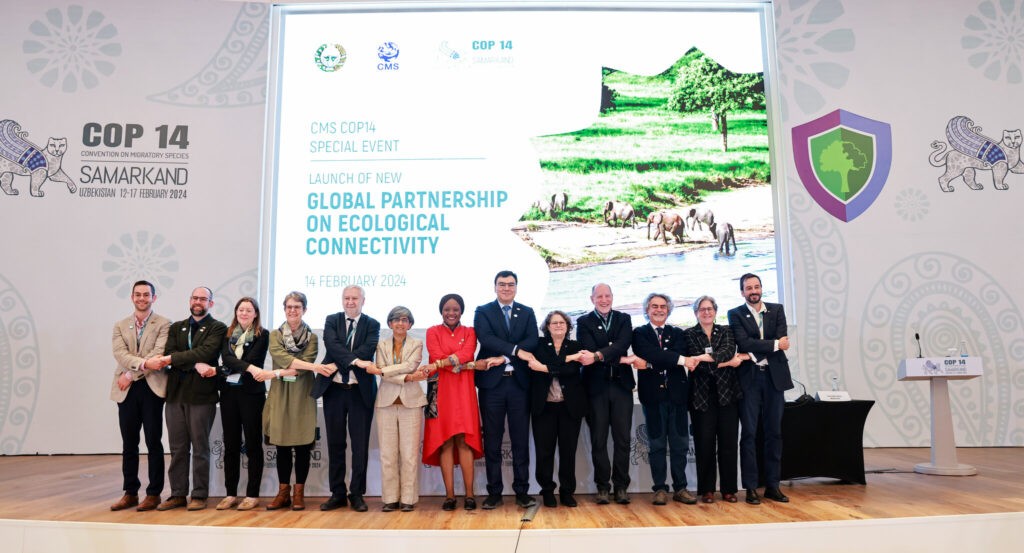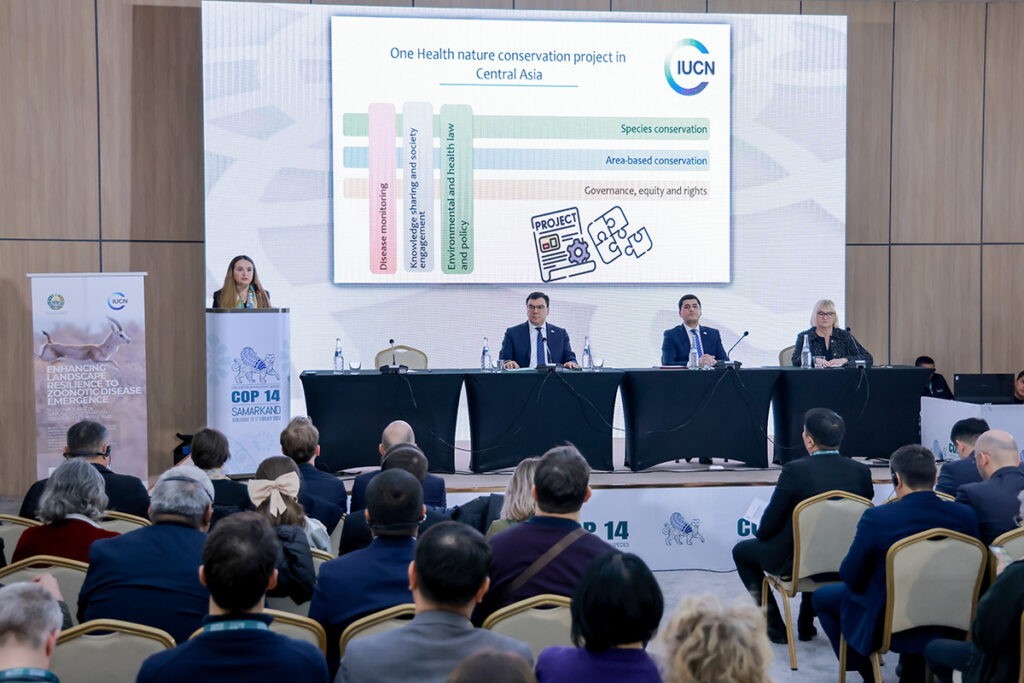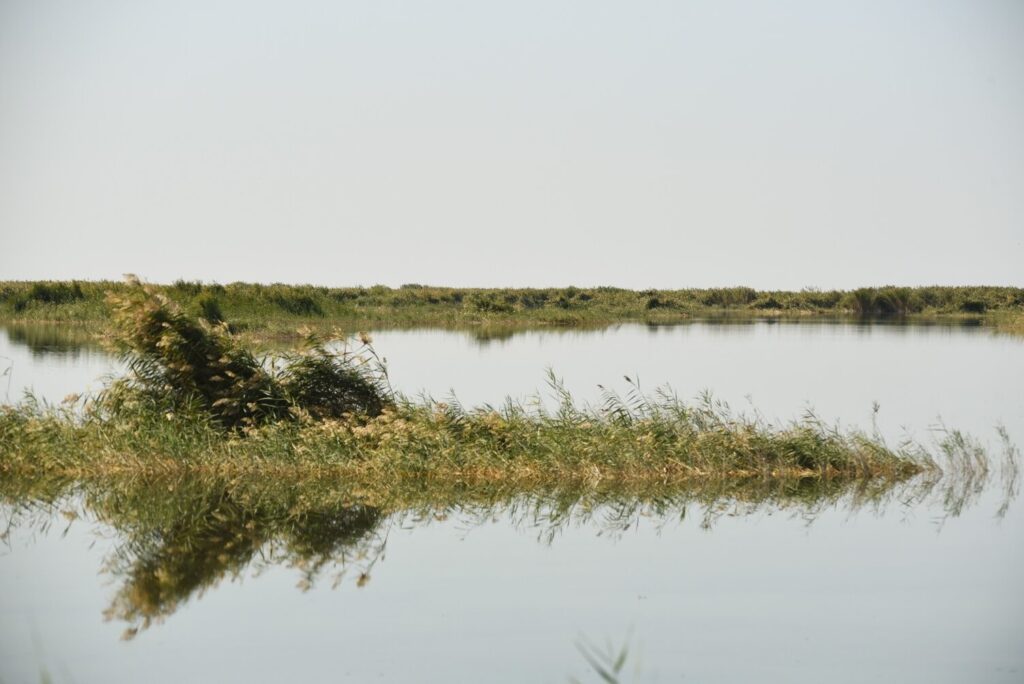Tashkent to Introduce Monthly ‘Car-Free Day’
One working day each month will now be "Car-Free Day" in the capital of Uzbekistan. The plan is to reduce the environmental impact of vehicles and encourage people to use bicycles to get around the city. Restrictions will not apply to public transportation, or emergency vehicles. Government officials have been instructed to "set a personal example by arriving at the workplace on public transportation." The idea for car-free days originated in Switzerland in 1973, during a fuel crisis, before spreading to other European countries. In 1998 the European Union initiated a campaign called "In town, without my car!," which is held from September 16 to 22 every year. The need to reduce air pollution in Tashkent is especially acute. The Uzbek capital is among the five cities worldwide with the worst air quality -- and often tops the ranking. This was the case on February 21, for example, when the content of fine particulate matter (PM2.5 measurement) in the city's air amounted to 140.3 µg/m3 (micrograms per cubic meter) -- which exceeded the WHO recommendations by a whopping 28.1 times (5 µg/m3). The public is sounding the alarm and calling on the Tashkent authorities to take urgent measures to prevent an ecological disaster. Specialists believe that single actions are not enough to preserve clean air in big cities; comprehensive work is needed to address the root causes of the pollution. This critical situation has prompted the government to include measures to improve the country's ecology in the large-scale state program for implementing the "Uzbekistan-2030" strategic roadmap. For example, it plans to phase out vehicles from the capital and regional centers that do not meet Euro-5 standards by 2030, and to ban trucks weighing more than 10 tons from driving through Tashkent -- except for those of the Armed Forces and municipal services. From March 1, the population will be notified about excessive content of fine particles in the local atmosphere, and measures will be taken to protect against dust at large construction sites (500 square meters and larger) in the country. Special attention will be paid to persons with diseases of the cardiovascular system and respiratory tract. In addition, Uzbekistan plans to abandon the production of 80-octane (AI-80) gasoline by 2026, in part to help popularize the use of electric cars and electric urban transport. Currently, the only countries that still produce AI-80 gasoline are Uzbekistan and Afghanistan. Medical experts believe that automotive exhaust is one of the main causes of lung cancer in humans. Yahye Ziyayev, Secretary General of the Uzbekistan Oncology Association, noted that "when AI-72 and AI-76 were banned in Uzbekistan, the incidence of lung cancer decreased over the course of ten years."

